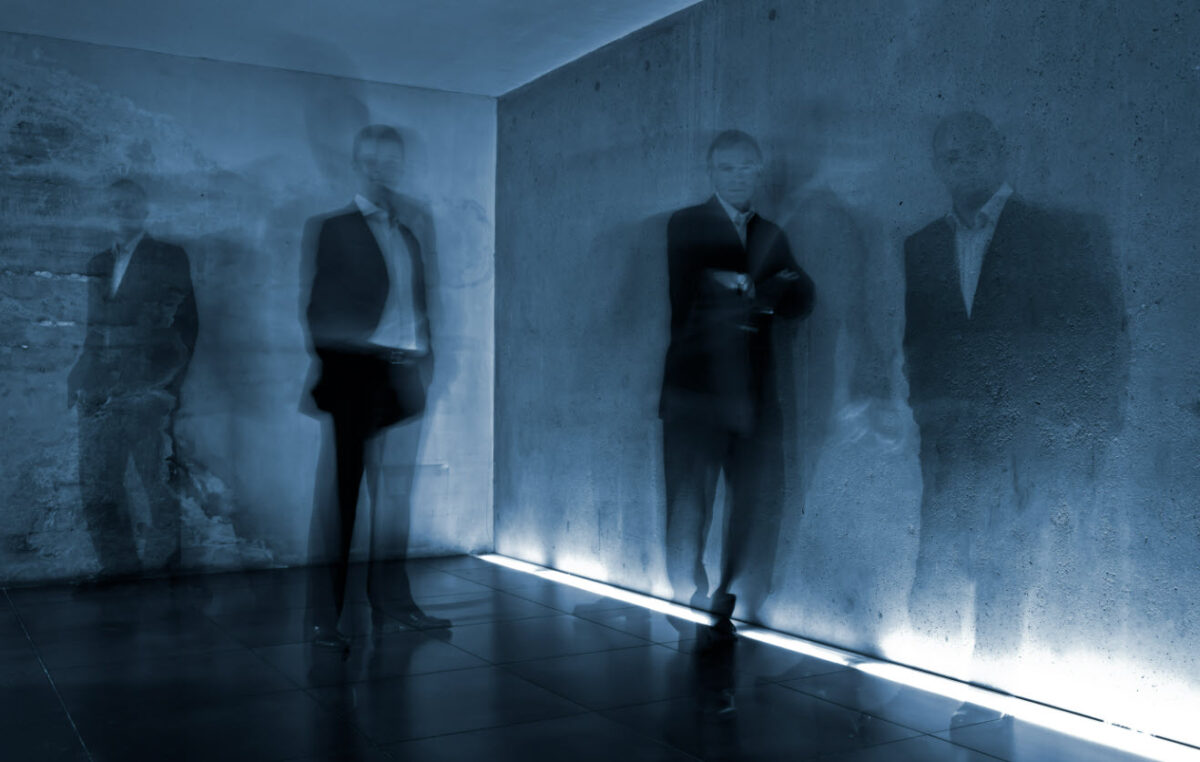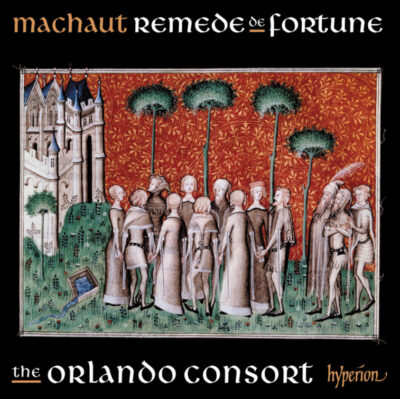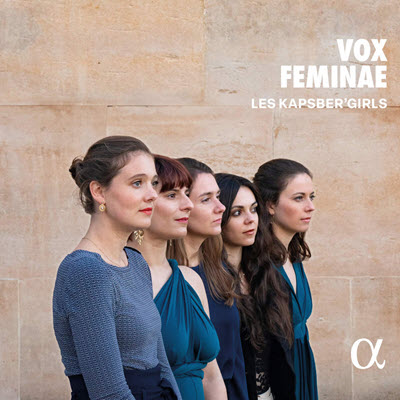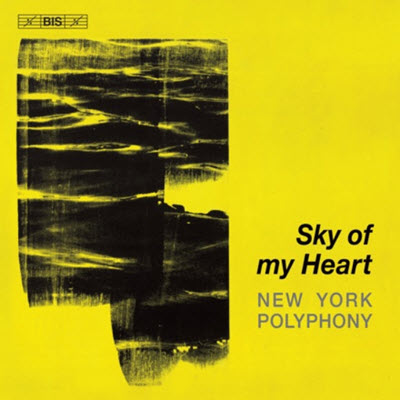by Jacob Jahiel
Published April 24, 2023
Machaut: Le remède de Fortune. The Orlando Consort. Hyperion Records. CDA68399

To the medieval mind, whether or not a piece was written on parchment represented a mere technical detail—music’s real existence could only be manifest in sound. If you handed Perotin, Hildegard von Bingen, and Guillaume de Machaut a score and told them that it contained a motet, they might not bat an eye. But if you told them it was music, they might reply in bewilderment: “But we don’t hear anything.”
It may seem like semantics, but it’s a point worth pondering, particularly when two recordings of the music from Machaut’s (1300–1377) Le remède de Fortune, a gargantuan narrative poem of about 4,300 lines, emerge in the span of only a few months.
In November, I reviewed another excellent rendition by Blue Heron and Les Délices, providing some background on the dit amoureux and the many considerations such a project entails.
 In February, on the Hyperion Records label, the Orlando Consort—baritone Donald Greig, tenors Mark Dobell and Angus Smith, and countertenor Matthew Venner—released their own album featuring songs from Remède.
In February, on the Hyperion Records label, the Orlando Consort—baritone Donald Greig, tenors Mark Dobell and Angus Smith, and countertenor Matthew Venner—released their own album featuring songs from Remède.
Two recordings of the same music? To us, maybe, but not to someone like Machaut—or at least not in the same way—and the dramatic differences separating each performance (except that they are both exceedingly good) would seem to support the medieval perspective.
Namely, Orlando has opted to wade in a capella. Now, there are those willing to defend to the death the idea that this repertory must never use instrumental accompaniment. While I am not among them, performances like this come as close as any to convincing me. There is a certain radiance, a rapturous purity of sound and text that only a group of singers like this can achieve.
Whether in the plaintive, monophonic “Qui n’aroit autre deport,” the sprawling lai that serves as a prologue, or in the rolling, polyphonic formes fixes like “En amer a douce vie,” diction is clear, musical lines flow effortlessly and expressively, and tunefulness intertwines with theatricality.
Singing together, the group’s blend is breathtaking. But it is actually the moments when each member performs separately that carry the most musical and dramatic weight, each conveying a vast spectrum of emotion resulting from the pangs and pleasures of love, hope, fortune, and misfortune. Like a Matryoshka doll, they are thus able to multiply themselves—while they are only four singers, each contains a multitude of voices, personalities, characters, and moods.
Speaking of misfortune, there is only one lamentable feature of the Orlando Consort’s new album—it will be one of their last. On June 7, 2023, after 35 years of performances across the globe, the celebrated group will take their final bow in front of a live audience at the Boston Early Music Festival. Fans can still look forward to two additional albums—this is the ninth of eleven in a larger project called the Machaut/Hyperion Project, which aims to record the entirety of the composer’s surviving chansons.
And a final note: At the moment, the album appears to be absent from major streaming platforms, although physical copies are available and digital files can be downloaded on the Hyperion website. This seems absurd in 2023 but, with any luck, the problem will soon be Remède-ied.
Jacob Jahiel is a writer, editor, and violist da gamba currently living in Montréal. He was a 2022 Rubin Institute for Music Criticism Fellow and is a graduate of the Jacobs School of Music at Indiana University, where he received an M.A. in musicology with an outside field in historical performance.




